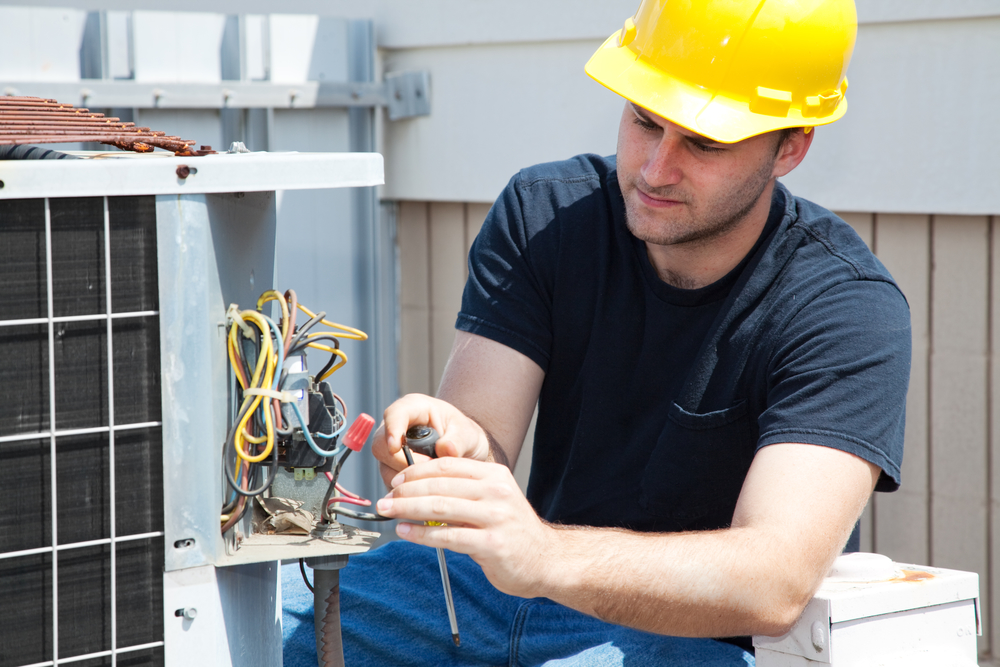Understanding the Importance of Refrigeration Recovery Units in HVAC Servicing

When it comes to HVAC (Heating, Ventilation, and Air Conditioning) systems, ensuring the safe and efficient recovery of refrigerants is crucial. Refrigeration recovery units are one of the most important tools for HVAC professionals. Not only do they help maintain the integrity of refrigerant gases, but they also contribute to environmental protection and compliance with industry regulations. Whether you’re a seasoned professional or just starting in the HVAC industry, understanding how these recovery units work and why they’re necessary can help elevate your servicing practices.
What is a Refrigeration Recovery Unit?
A Refrigeration Recovery Unit is a machine designed to safely remove refrigerant from an HVAC or refrigeration system. It helps in capturing refrigerant from systems during servicing, repair, or disposal, and ensures the refrigerant is either recycled or safely stored for proper disposal.
These units are essential because they prevent refrigerants, which can be harmful to the environment, from being released into the atmosphere. According to the Australian government’s environmental policies, it’s a legal requirement for HVAC professionals to recover refrigerants when servicing or disposing of old air conditioning and refrigeration systems.
Why is a Refrigeration Recovery Unit Important?
- Environmental Responsibility: Refrigerants are chemicals that, if released, can contribute to global warming and depletion of the ozone layer. By using a refrigeration recovery unit, HVAC technicians help keep harmful gases contained and out of the atmosphere, promoting sustainability in the industry.
- Cost-Effective for Businesses: Recovering refrigerants allows companies to save on costly refrigerant refills. Depending on the type of refrigerant used, it can be expensive to replenish, so recovering and recycling refrigerant is an economical choice for businesses that need to service multiple systems.
- Regulatory Compliance: In Australia, strict laws govern the management and disposal of refrigerants under the Australian Refrigeration Council (ARC). Failure to use a recovery unit and properly manage refrigerants can result in significant fines and penalties. By investing in a good-quality recovery unit, HVAC companies ensure compliance with these regulations.
- Improved System Efficiency: When recovering refrigerant, it can be recycled and reused in future jobs, which helps maintain the efficiency of HVAC systems. This process also ensures that all refrigerants are handled properly, which can extend the lifespan of the equipment you’re servicing.
How to Choose the Right Refrigeration Recovery Unit
Selecting the right recovery unit for your needs depends on various factors, such as the type of refrigerant you work with, the system’s size, and the amount of use the machine will undergo. Some key considerations include:
- Refrigerant Compatibility: Ensure the recovery unit is compatible with the types of refrigerants used in your region or industry, such as R-22, R-410A, or R-134A.
- Portability and Size: If you’re working in tight spaces or need to transport your equipment frequently, choosing a lightweight, portable unit can make a big difference.
- Capacity and Efficiency: Look for a unit with the right capacity for your needs, whether you’re working on residential HVAC systems or large industrial refrigeration units.
How Does a Refrigerant Recovery Unit Work?
A refrigeration recovery unit typically works by using a compressor to extract the refrigerant gas from a system. Once the refrigerant is captured, it’s stored in a recovery cylinder. Some recovery units also feature filtration systems to remove impurities, ensuring the refrigerant remains clean and suitable for reuse.
This process can vary slightly depending on the model and refrigerant type but, in general, all recovery units work toward the same goal: preventing refrigerant waste and reducing environmental impact.
Conclusion
When it comes to maintaining the health of HVAC systems and protecting the environment, refrigeration recovery units are indispensable. By ensuring refrigerants are safely and efficiently recovered, HVAC professionals not only comply with regulations but also contribute to the long-term sustainability of the industry. If you’re considering investing in a recovery unit, make sure to select one that suits your specific needs, ensuring both efficiency and regulatory compliance.
Stay informed and make the right choices for your business and the environment.






